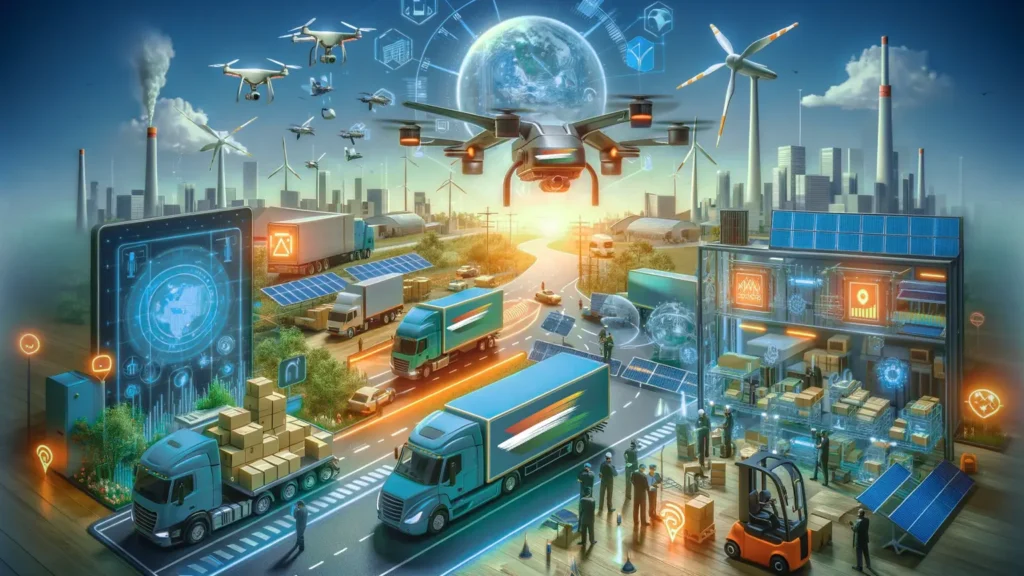Address
#A-911, Mount Castle
Nagar Road, Wagholi
Pune 412207

India has been viewed to have the third-largest logistics economy in India, which is expected to expand further in line with increased demand, which is projected to see India’s logistics market increase to reach ₹47.12 lakh crore by 2030. Adding to the global body of knowledge, authors A. Chouhan (NSE), M. K. Tiwari (IIM Mumbai), S. G. Deshmukh, and K. Kulkarni (Allcargo Logistics) provide insights into the latest advancements, obstacles, and market drivers in the logistics field.
Key Initiatives and Achievements
Soaring from 42nd to 38th place, India moved up several ranks in the global index and is ranked 38 in 2023. Initiatives that laid the foundation included National Logistics Policy, PM Gati Shakti Master Plan, and projects such as Sagarmala and Bharatmala sponsored by the government oriented at improvement of infrastructure and operating efficiency. Further technological advancements such as Dedicated Freight Corridors, e-Way Bill Systems, and the Logistics Data bank are assisting in the circumvention of intermediary stages, lowering expenses, and increasing the processes associated with the movement of goods.
Challenges in Workforce Development
Issue of Talent Development which Has Resulted in Operational Gaps in the Sector In a fascinating turn of events, in 2023, it was revealed that the sector had a deficit of skilled personnel with 77 percent of employers claiming that there was a shortage of employable labor. Potentially employable talent has inched upward by almost flat, reaching 51 percent in 2024, but the alignment remains worryingly low for the workforce. With the sector expected to generate approximately 10 million jobs by 2027, this deficiency of human capital in the economy demands immediate relief. Suggestions broaden the concern to include transformational models.
Technology-Driven Transformation
It is on digitization with the present level of use of 43%. Big data, block chain and IoT are influencing logistics in the sense that it enhances visibility and facilitates smart actions in real time within the supply chain. Be it autonomous vehicles, drones, AR or VR, they will cut across and support warehousing and supply chain operations. More digitization and adoption could result in EBIT growth of up to 3.2% each year which leads to enhancing returns and efficiency.
Sustainability and Inclusivity
Equally, moving towards sustainable practices, decarbonizing methodologies, use of efficient and clean technologies, and electric vehicles are consistent with objectives for sustainability across the regions. Also, the research highlights promoting workforce gender equity focused on upliftment of women due to their importance in a technology led logistics ecosystem.
Industry-Academia Collaboration
The importance of blending theoretical teaching and applying them in the practical space is paramount. The integration of academic and logistic firms through internships, guest lectures and research works is recommended to prepare students for challenges in the workplace.
With the force of Sustainability, Innovation and Workforce Reforms, India’s logistics sector is all set to outperform all and be a leader contributing to the economy and creating millions of jobs.
For more details : MSN.Com
